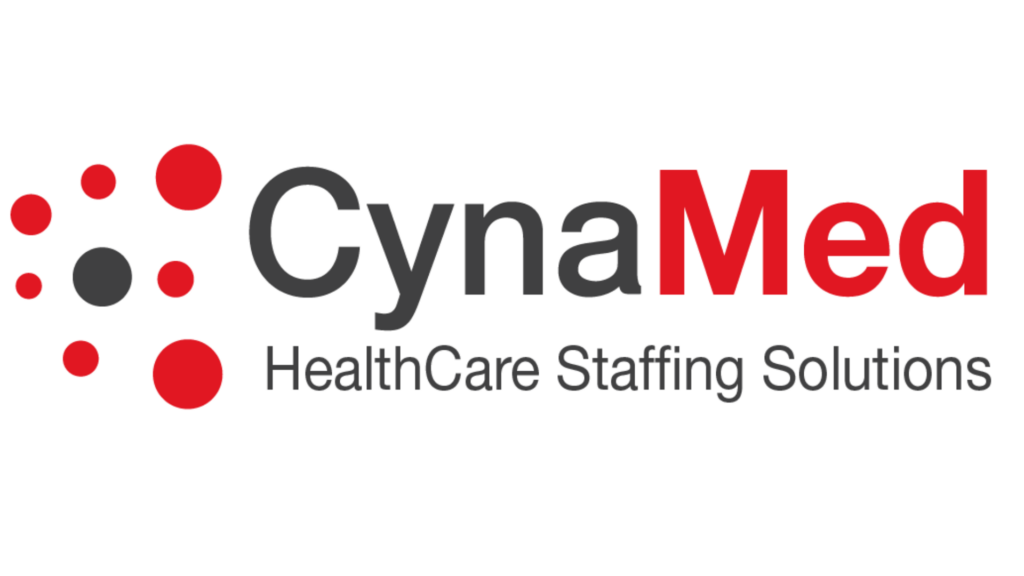Are you interested in a career in healthcare, but don’t have four years to attend a traditional college? Or have you done some research into being a Licensed Practical Nurse (LPN) and stumbled across some common misconceptions that have you second-guessing your original plan? Make no mistake about it: becoming an LPN is one of the fastest ways to enter healthcare at the nursing level. There are, however, some misconceptions about this profession as a career choice. Let’s take a look at some of the top misconceptions about being an LPN.
LPN Misconception‘s
The first misconception is about what an LPN does. Some people think that an LPN is not a real nurse, that LPNs are just glorified CNAs (Certified Nursing Assistants). That could not be further from the truth. A licensed practical nurse cares for ill and injured people in hospitals, clinics, nursing homes, private homes, group homes, and similar institutions. They work under the supervision of Registered Nurses or physicians. An LPN monitors patient health and vital signs, administers basic patient care, provides comfort to patients, enters patient data into records, and discusses the care they are providing with the patient.
LPN Schooling
The second misconception when it comes to LPNs is that they have to complete four years of school to be certified. This is not the case, although most practical nursing programs require additional education combined with specific training. Once you complete an accredited program, you will receive a degree or diploma that will serve as proof of completion. Then you can begin the licensure process, which is critical because LPNs must have a state license.
LPN Career Goals
Another misconception is that all LPNs want to be RNs. For those LPNs who wish to advance their career training and academics, this can be true. However, most students who become LPNs remain in practical nursing simply because they prefer the intimate level of care they can provide to patients. RNs can sometimes perform on a more administrative level and may be less directly involved with patients.
LPN’s and Authority
The fourth misconception is that RNs and doctors look down on LPNs. While we cannot speak for all RNs or doctors, we feel that most understand that every person in the medical field, from orderlies, CNAs, medical assistants, and yes…even LPNs, play a vital role in patient care, treatment, and recovery. Professionalism and consistent care are key to hospital and patient care facility successes. That success does not happen without the whole team working together and respecting each other’s strengths, skills, and abilities. If you’re a Licensed Practical Nurse, you know your job, and you do it then you should not have problems with anyone on your team looking down at you.
Finding Jobs
The fifth and final misconception is that the healthcare industry is phasing out LPN nursing positions or that it might be harder to find an LPN job nowadays. It’s true that LPN employment has decreased in the hospital setting, but there are still plenty of opportunities elsewhere. This misconception arose because of a claim that the healthcare sector is cutting the jobs of LPN nurses.
The public misconceptions about LPNs have a far-reaching effect on the profession. They underlie many of the issues in nursing, such as low recruitment of students into the profession, nurses leaving the profession, and low public funding to ensure adequate staffing levels. If you are interested in learning more about available listings for LPNs, just go to Jobs Near Me.






